The debate surrounding sanctuary city policies continues to intensify, with federal and state governments seeking ways to compel local authorities to cooperate with Immigration and Customs Enforcement (ICE) removal requests. These policies, which often restrict collaboration between local law enforcement and federal immigration officials, have become a focal point of contention, particularly regarding the handling of undocumented immigrants accused of crimes.
At the federal level, the reintroduced "Justice for Victims of Sanctuary Cities Act" aims to hold sanctuary cities accountable by allowing victims of crimes committed by undocumented immigrants to sue the municipalities. Proponents argue that these policies endanger public safety by shielding criminals from deportation. Rep. Chuck Edwards (R-NC), a sponsor of the bill, emphasizes the need to hold sanctuary cities responsible for the consequences of their policies.
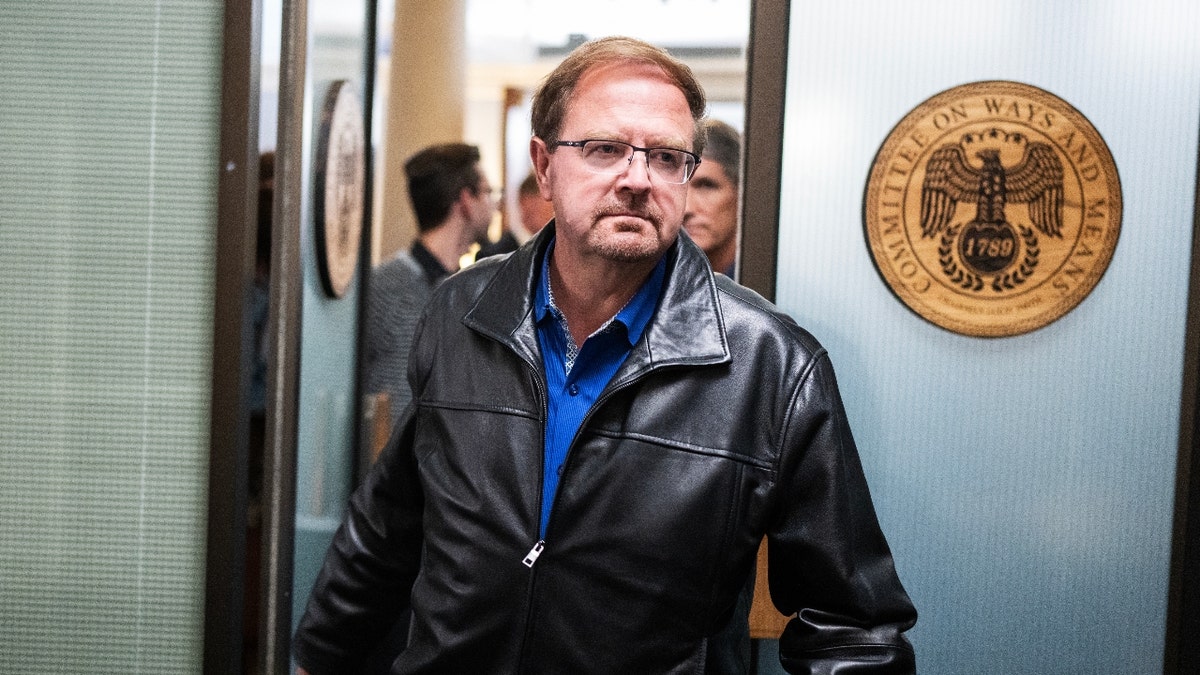
Sen. Thom Tillis (R-NC) echoes these concerns, asserting that sanctuary cities prioritize political ideology over public safety. He criticizes the release of potentially dangerous individuals back into communities and advocates for stronger federal intervention.
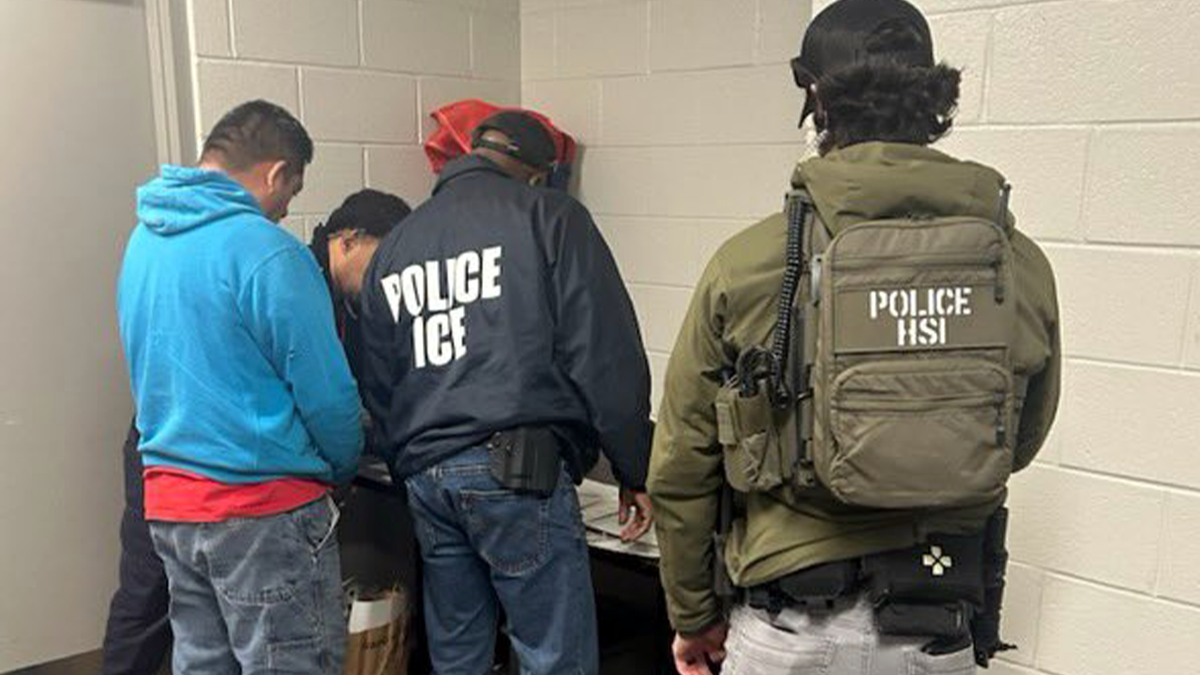
On the state level, Tennessee has enacted legislation establishing a specialized immigration enforcement division within its Department of Public Safety. This division will focus on enforcing immigration laws and has the authority to charge local officials who implement or maintain sanctuary city policies. Gov. Bill Lee champions this measure as a crucial step towards enhancing security and upholding the rule of law.

Conversely, supporters of sanctuary cities maintain that immigration enforcement falls under federal jurisdiction, not local. They argue that such policies foster trust between law enforcement and immigrant communities, promoting overall public safety. Chicago Mayor Brandon Johnson, for instance, has reaffirmed his commitment to protecting undocumented immigrants from federal actions, citing community safety and resource constraints. He invokes the Illinois Trust Act, which restricts local law enforcement's involvement in federal immigration enforcement.
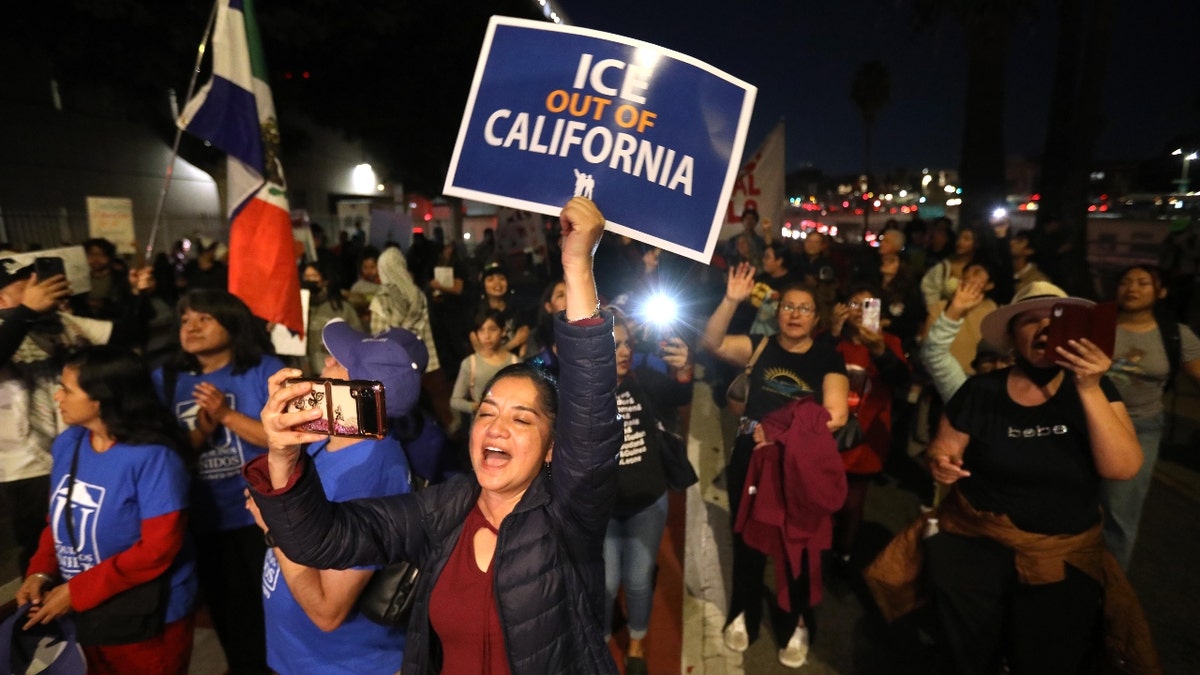
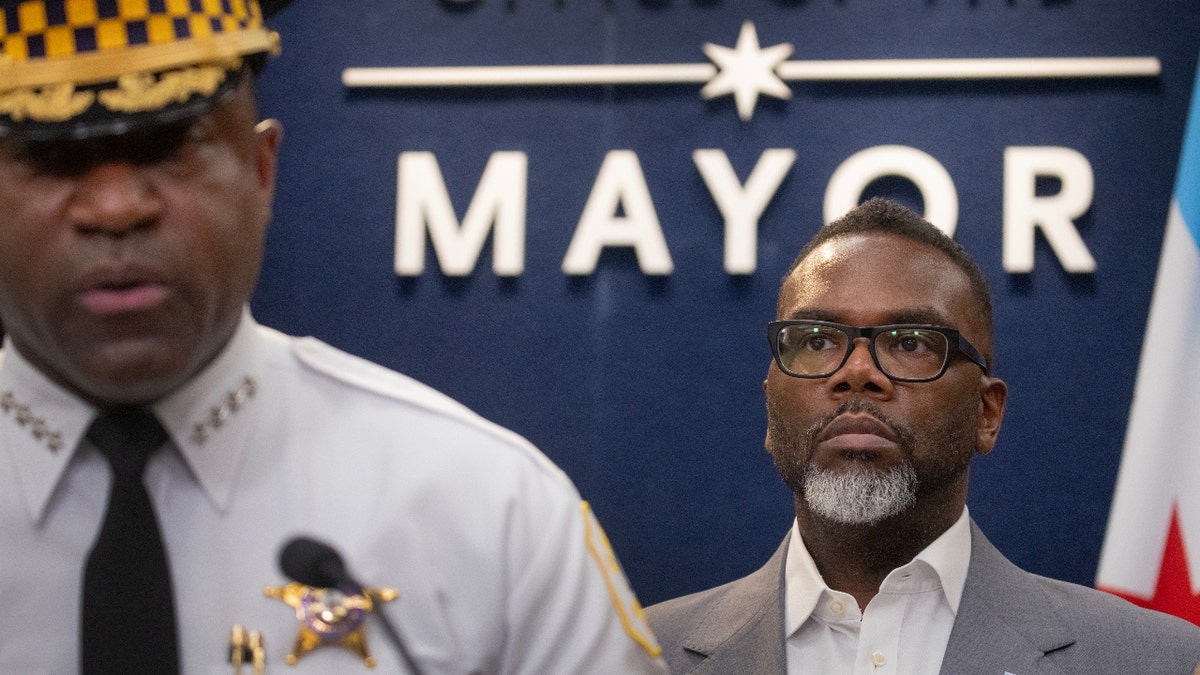
Critics of sanctuary cities counter that these policies create havens for criminals. James Hayes, a former U.S. Border Patrol and Homeland Security agent, argues that the potential for harm caused by undocumented criminals necessitates cooperation with ICE. He suggests that financial incentives and legal action may be necessary to compel compliance.
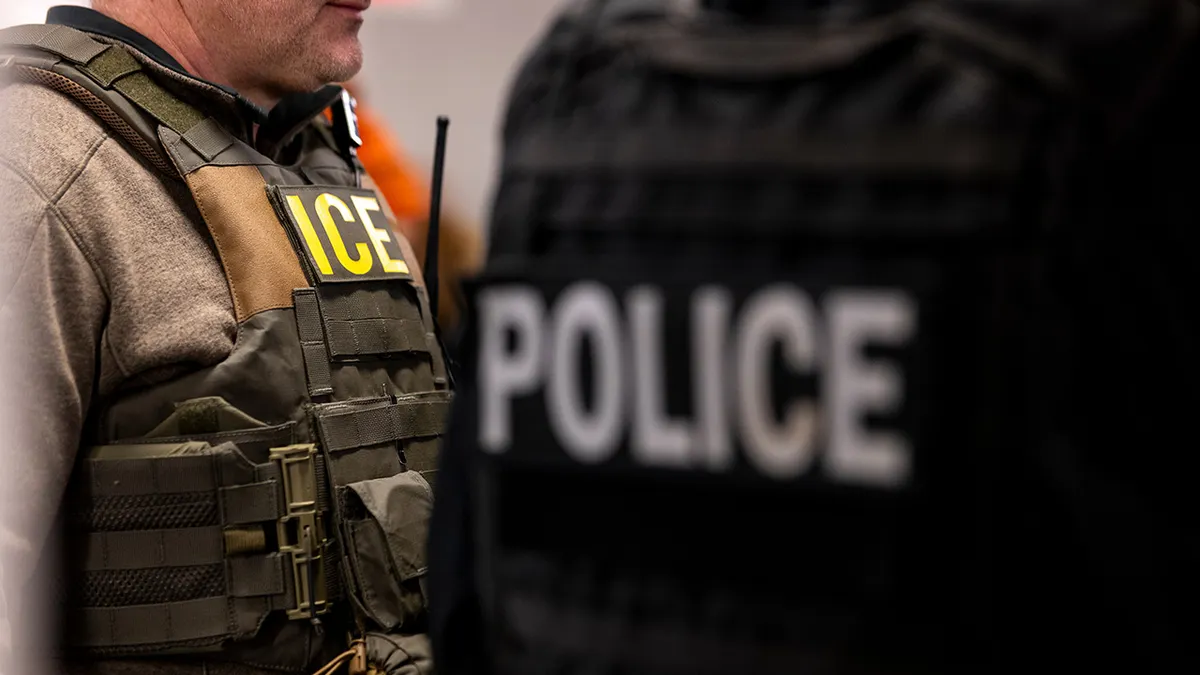
José Gustavo Arocha, a former Venezuelan Army lieutenant colonel and senior fellow at The Center for a Secure Free Society, contends that sanctuary cities jeopardize communities by harboring criminal elements, including members of the Venezuelan gang Tren de Aragua. He stresses the importance of inter-agency communication to uphold the rule of law and protect communities.

Comments(0)
Top Comments